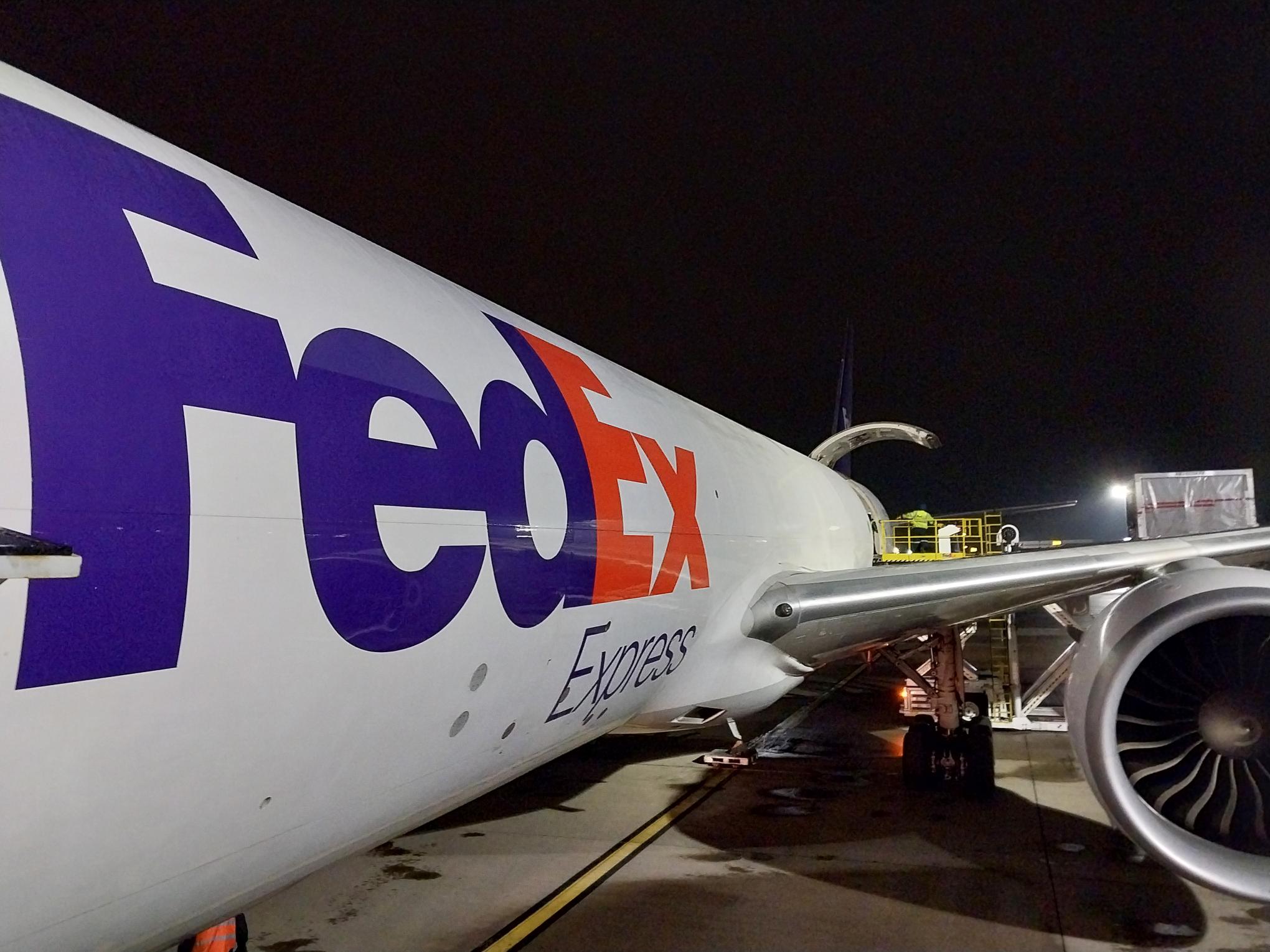FedEx will reorganise its air network to better suit the demands of various shipment types as part of efforts to cut costs.
The company this week revealed that it would divide its air network into three sections; purple orange and white.
The purple network will deliver high-priority, high-margin volumes through FedEx-owned aircraft operating under a hub and spoke model.
Orange will build off-cycle FedEx flights into the network to build density, decongest hubs, and connect with its global surface networks.
Finally, white will use partner airline networks to add capacity when needed.
The move will allow the company to prioritise shipments such as e-commerce to meet demands for faster transits while shipments such as general freight can be shipped at less busy times and outside of the hub and spoke system.
Capacity can also be allocated to better meet the demand levels of the various segments.
FedEx chairman and chief executive Raj Subramaniam said that until now the air network has operated in hub and spoke system to support speed and global connectivity.
But a rise in less urgent deferred shipments led the company to re-examine its network.
“With the rapid growth of e-commerce and as volume mix continues to shift to deferred, we recognise the need to reconfigure our network to focus on both speed and density. This fundamental network redesign, which we call Tricolor design, is momentous in our history and includes several key elements,” he said.
“First, we will deploy what we call our purple tail fleet, which is our FedEx-owned assets’ time for delivering high-priority, high-margin volumes using the existing hub and spoke model.
“Second, we will re-time a portion of our purple tail flights for our orange network, which will operate off-cycle.
“This change will give us time to build density, decongest our hubs during the precious night sort, and feed into our surface networks, including our international road network, as well as FedEx Ground and FedEx Freight in the US.”
The move is part of the company’s DRIVE cost-cutting programme that aims to generate cost savings of $4bn.
Earlier this week the company lowered its revenue forecast for fiscal year 2024 to a low single-digit decline after a below-expectation second quarter running to November 30.
Revenues for the second-quarter period dropped by 2.6% year on year to $22.2bn, while operating income for the period was up 9% to $1.28bn.
The decline in revenues was led by the express division which is struggling with sluggish demand and a shift to lower cost shipping options.
Its freight division also had a tough time due to the lower demand levels but the ground network did report a revenue increase.
FedEx claws back costs in Q2 but Express suffers
The post FedEx reorganises air network appeared first on Air Cargo News.



